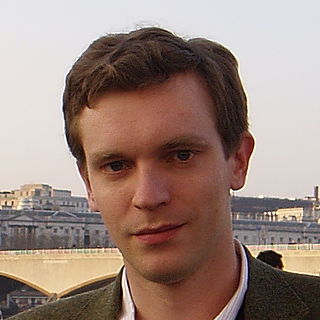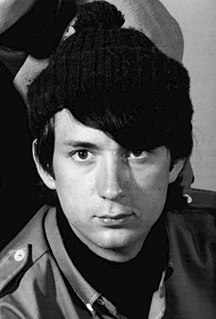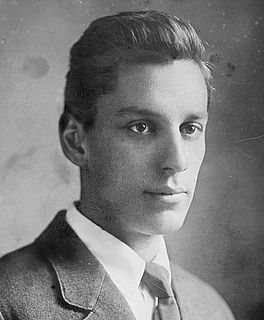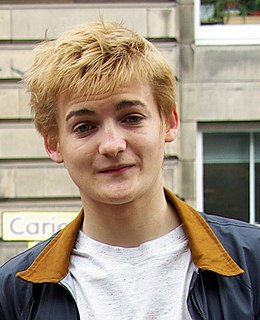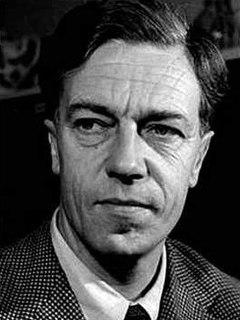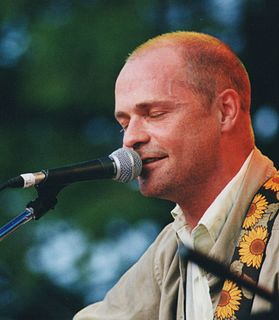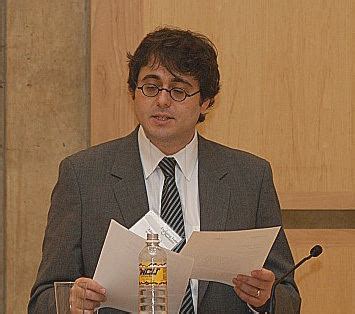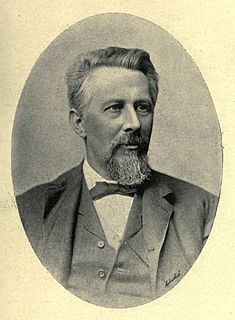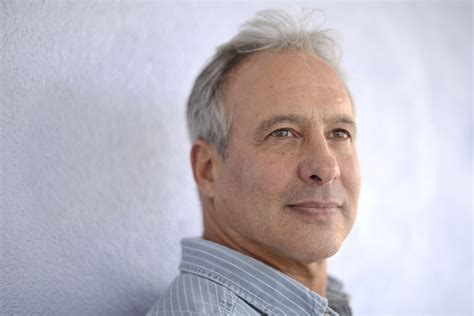Top 1200 Poet Quotes & Sayings
Explore popular Poet quotes.
Last updated on December 3, 2024.
Another trouble with poetry - and I'm gonna stop the list at two - is the presence of presumptuousness in poetry, the sense you get in a poem that the poet takes for granted an interest on the reader's part in the poet's autobiographical life, in the poet's memories, problems, difficulties and even minor perceptions.
There is this tendency to think that if you could only find the magic way, then you could become a poet. "Tell me how to become a poet. Tell me what to do." . . . What makes you a poet is a gift for language, an ability to see into the heart of things, and an ability to deal with important unconscious material. When all these things come together, you're a poet. But there isn't one little gimmick that makes you a poet. There isn't any formula for it.
A poet dares to be just so clear and no clearer; he approaches lucid ground warily, like a mariner who is determined not to scrape his bottom on anything solid. A poet's pleasure is to withhold a little of his meaning, to intensify by mystification. He unzips the veil from beauty, but does not remove it. A poet utterly clear is a trifle glaring.
One of the appeals of William Carlos Williams to me is that he was many different kinds of poet. He tried out many different forms in his own way of, more or less, formlessness. He was also a poet who could be - he was a love poet, he was a poet of the natural order and he was also a political poet.
Judge: And what is your occupation in general? Brodsky: Poet, poet-translator. Judge: And who recognized you to be a poet? Who put you in the ranks of poet? Brodsky: No one. And who put me in the ranks of humanity? Judge: Did you study it?...How to be a poet? Did you attempt to finish an insitute of higher learning...where they prepare...teach Brodsky: I did not think that it is given to one by education. Judge: By what then? Brodsky: I think that it is from God.
The poet or the revolutionary is there to articulate the necessity, but until the people themselves apprehend it, nothing can happen ... Perhaps it can't be done without the poet, but it certainly can't be done without the people. The poet and the people get on generally very badly, and yet they need each other. The poet knows it sooner than the people do. The people usually know it after the poet is dead; but that's all right. The point is to get your work done, and your work is to change the world.
I once gave a workshop and I asked the women poets there, If you went back to that little town you've come from - these were from small towns - would you say, I'm a poet? And one of them said, If I said I was a poet in that town, they'd think I didn't wash my windows. And that stayed with me for so long, the sense of the collective responsibility of someone as against the individual thing it takes to be a poet.
A true poet is more than just a man who can write a poem with a pen. A true poet writes poetry with his very life. A true poet doesn't use poetic devices to con the heart of a woman but uses the beauty of all that is poetic to serve, cherish, and express love to the heart of a woman. Just as a true warrior is not a conqueror of femininity but a protector of femininity, a true poet is not just a wooer of a woman's heart but one who knows how to nurture and plant love in a woman's heart. Simply put, a true poet is a man who knows how to be intimate with a lover - first and foremost with Christ.
A poet is wounded into speech, and he examines these wounds, meticulously, to discover how to heal them. The bad poet harangues at the pain and yowls at the weapons that lacerate him; the great poet explores the inflamed lips of ruined flesh with ice-caked fingers, glittering and precise; but ultimately his poem is the echoing, dual voice reporting the damages.
Part of the pleasure of giving a reading comes from the rapport between the audience and the poet. I don't want to get mystical here, but there's an energy flow that begins with the poet, and the energy goes out to the audience, and they're energized, and then they return that energy to the poet. As someone standing up there alone, facing these people, I can feel that rapport (or its absence).
One of the surest tests of the superiority or inferiority of a poet is the way in which a poet borrows. Immature poets imitate mature poets steal bad poets deface what they take and good poets make it into something better or at least something different. The good poet welds his theft into a whole of feeling which is unique utterly different than that from which it is torn the bad poet throws it into something which has no cohesion. A good poet will usually borrow from authors remote in time or alien in language or diverse in interest.
That's a fairly Wordsworthian way to look at things! But yeah, actually - part of the poet's work, I think, is to maintain or reintroduce the imaginative capacity of their earlier self while nonetheless maturing. And I do think the more successful the poet is at this particular thing, the greater their achievement as a poet.
I know that in a poem, even when the speaker is speaking from the poet's experience, there's always something that's borrowed, some authority that sits outside of the poet that the poem has claimed. There's a dramatic pitch that makes the speaker capable of saying something more courageous or stranger or simply other than what the poet would be able to say.




